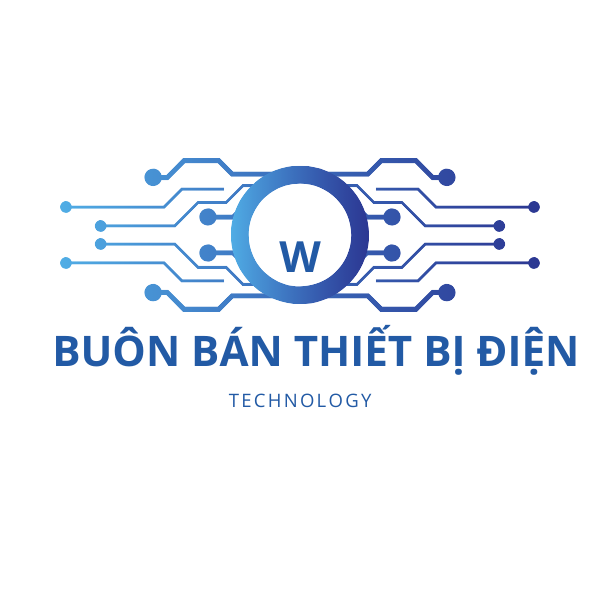In today’s digital era, AI powered chatbots have emerged as a cutting-edge technology that redefines the way businesses interact with their customers.
In this post, I explain my perspective on AI powered chatbots, illustrating why they have become an key tool for companies around the world.
Historical Background
The concept of chatbots dates back to the dawn of computer science, where simple rule-based programs were developed to emulate human conversation.
With the rise of AI, chatbots advanced into multifunctional tools capable of processing more sophisticated interactions.
Behind the Scenes of AI Chatbots
Modern AI powered chatbots rely on advanced algorithms and neural networks to process user inputs.
The feedback loop inherent in AI chatbots enables continuous improvement and boosts performance.
Key Benefits of AI Chatbots
With AI chatbots, businesses never miss a customer query.
They also minimize staffing expenses by streamlining customer service operations.
Personalized service increases customer retention.
Real-World Applications of AI Chatbots
AI powered chatbots are used in a wide range of industries, including e-commerce, banking, healthcare, and customer service. | They act as customer service representatives in banks. | In retail, for example, chatbots offer personalized recommendations.}
Healthcare providers employ AI chatbots to manage patient queries and offer health tips.
Next-Gen AI Chatbots
Looking ahead, the evolution of AI powered chatbots is expected to reshape the way businesses support clients.
The future promises a more integrated digital ecosystem where AI chatbots drive customer interactions.
Potential Pitfalls
While AI chatbots offer significant advantages, businesses must also be aware of potential pitfalls.
Chatbots can sometimes deliver inaccurate responses.
Businesses must adhere to data privacy regulations.
Investing in regular updates and improvements is vital for competitive advantage.
Seamless integration is key to ensure that chatbots align with business processes.
How to Successfully Implement AI Chatbots
To achieve the best results, businesses should initiate with targeted use cases. | It is wise to test on smaller audiences first to refine functionalities over time.}
The more relevant data you provide, the more effective the chatbot will operate.
Moreover, reviewing performance data and refining the chatbot is key for continuous improvement.
Industry Case Studies
For example, a leading online shopping platform used an AI-powered virtual assistant that managed millions of interactions.
They also serve as a benchmark for other businesses considering similar strategies.
Emerging Trends in Chatbot Technology
Looking ahead, AI chatbots will become even more intelligent.
Innovations such as voice recognition enhancements, sentiment analysis, and dynamic content delivery are destined to change the future of AI chatbots.
Final Thoughts
In conclusion, the rise of AI chatbots marks a significant milestone in digital communication and customer service.
As technology continues to progress, companies that adopt these technologies will be well-positioned.
I hope this analysis has delivered valuable insights into the world of AI chatbots.
I’d love to hear your thoughts on how AI chatbots are improving your business.
Cheers to the future of AI and smarter customer interactions!
Read more: Medium.com
